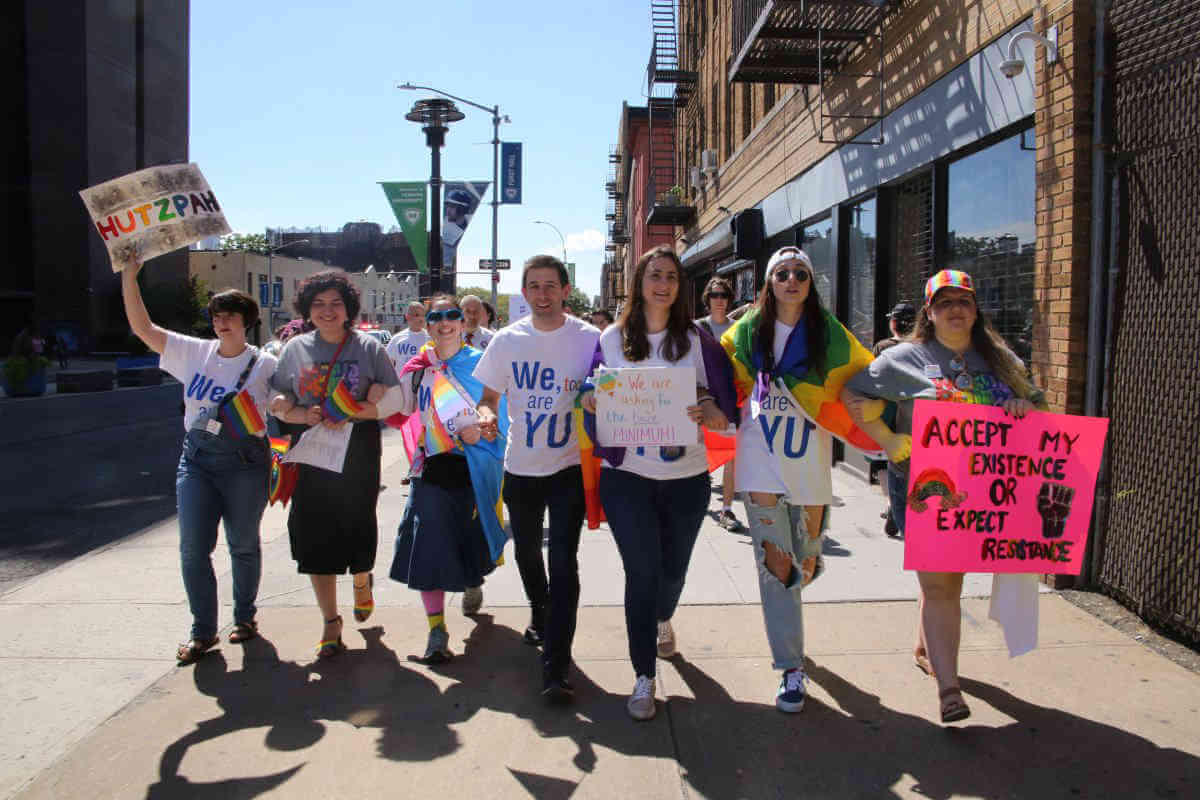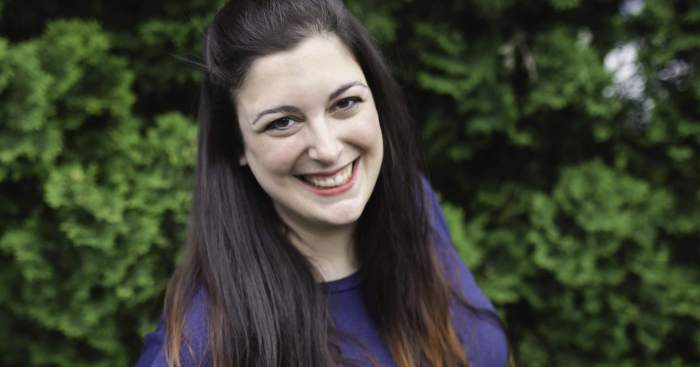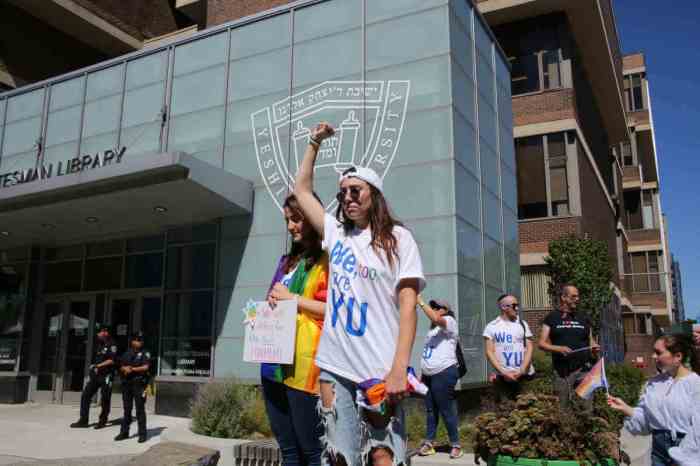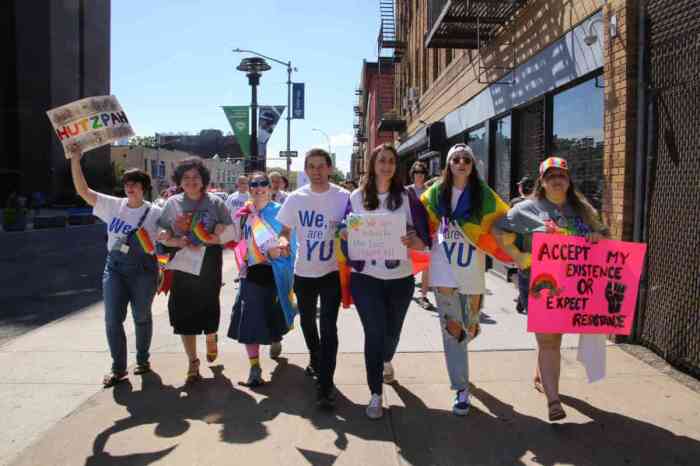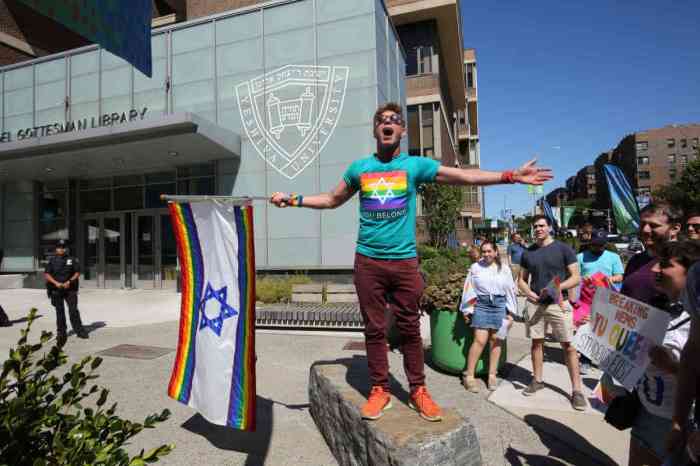NEW YORK (AP) — An LGBTQ group at New York’s Yeshiva University has proposed a deal that would allow other student groups at the Orthodox Jewish university to resume meeting while the LGBTQ group’s status is litigated.
The group YU Pride Alliance made the offer to Yeshiva on Wednesday, days after the university announced that it was suspending all student activities in response to a US Supreme Court decision that ordered the school to recognize the LGBTQ student group.
The Supreme Court voted 5-4 last week to lift a temporary hold on a court order that required Yeshiva University to recognize the Pride Alliance as a student group.
The victory for the LGBTQ group may be temporary, however, with the majority writing in an unsigned order that Yeshiva should return to state court to seek quick review and temporary relief while the case continues.
In response to the Supreme Court ruling, university officials said in an email to students that Yeshiva would “hold off on all undergraduate club activities while it immediately takes steps to follow the roadmap provided by the U.S. Supreme Court to protect YU’s religious freedom.”
The proposal from the Pride Alliance would allow the other clubs to resume their activities. “We are agreeing to this stay while the case moves through the New York courts because we do not want YU to punish our fellow students by ending all student activities while it circumvents its responsibilities,” the group said in a statement.
Yeshiva spokesperson Hanan Eisenman said the university would start clubs after the Jewish holidays, which begin on Sunday.
“Now that Pride Alliance has offered a stay, we have sent their lawyers a signed agreement to stay the trial court order,” Eisenman said. “We look forward to working together to quickly resolve this issue.”
The university argues that granting recognition to the Pride Alliance, “would violate its sincere religious beliefs.”
A New York state court sided with the alliance and ordered the university to recognize the club. The matter remains on appeal in the state court system, but judges there refused to put the order on hold in the meantime.

